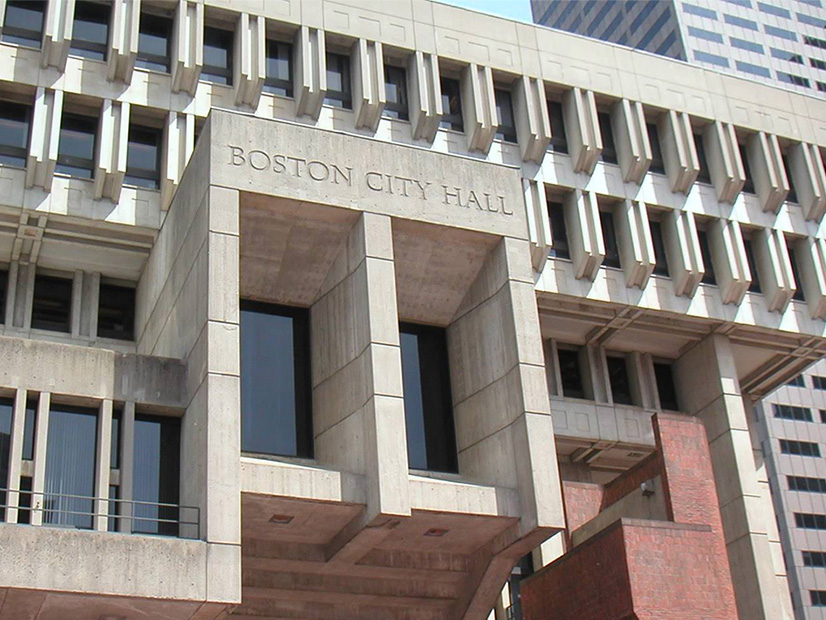Days before Massachusetts’ landmark climate bill goes into effect, comments from residents poured into the state’s Department of Public Utilities (DPU) on reforming public outreach and engagement.
The agency opened the inquiry in April after it received criticism from the public for holding proceedings on energy infrastructure projects during the workday when most residents were unable to attend. Advocates also said DPU should double its efforts to make information available in other languages, such as Spanish, as many environmental justice communities are homes to immigrants.
The town of Hopkinton, 30 miles west of Boston, said in comments to DPU that the list of people notified about new project meetings ranges widely depending on the company involved, but not necessarily the type of project. The agency and the company involved are also not required to give reasons for the people included on the notify list.
Town leaders recommended DPU create a default list of people to notify based on the most “robust” notice that has been given in the past for similar projects. If a company or the agency deviates from the list, their reasons should be filed with the order of notice, town officials said.
Utilities should also be clear about the impact and benefits of a proposed project on the community in the notice. Those details would allow municipalities to know which residents to follow up with, and residents can participate meaningfully in the proceeding instead of finding out key aspects of the project along the way.
“The town cannot emphasize enough how these types of ‘plain English’ statements could help public participation,” Hopkinton leaders said. “Including short, direct, plain statements would better inform a much wider community audience about department proceedings.”
Hopkinton suggested DPU translate all notices and other vital documents into at least the five most common non-English languages in Massachusetts — Spanish, Portuguese, French, Chinese and French Creole, according to the census.
Under the Next-Generation Roadmap for Massachusetts Climate Policy, DPU is required to develop an environmental justice strategy to cut the amount of pollution in low-income and communities of color. Regulators must also involve those communities more effectively in their decision making on energy infrastructure.
Leadership in Boston would like regulators to connect with community-based organizations to improve communication efforts, according to comments submitted by Rev. Mariama White-Hammond, chief of environment, energy and public spaces for Boston.
Those organizations, White-Hammond said, have existing relationships with residents and they can spread the word about the proceeding, why it is important and what the timeline is for intervening.
Placing advertisements on public transportation, such as trains and buses, as well as in stations or stops within the utility could be an effective way to reach impacted customers, White-Hammond said.
DPU’s inquiry also asks for guidance on how the costs associated with the publication of notices or translation services not filed by a department-related company should be covered.
In her comments, White-Hammond warned against making those costs an additional burden that further reduces participation.
“The utilities serving Boston customers are multibillion-dollar companies, while non-governmental organizations and individuals often have very limited resources, which already places them at a disadvantage in proceedings,” White-Hammond said. “The department should provide funding for municipalities, nonprofits and individuals to meet whatever requirements the department establishes.”



